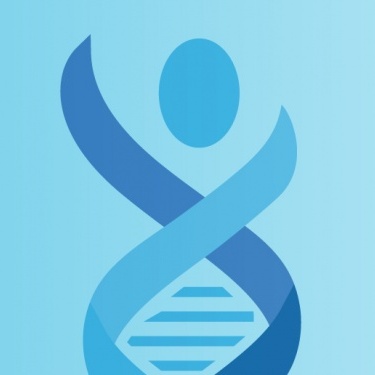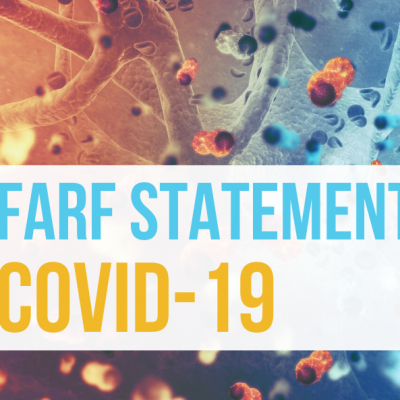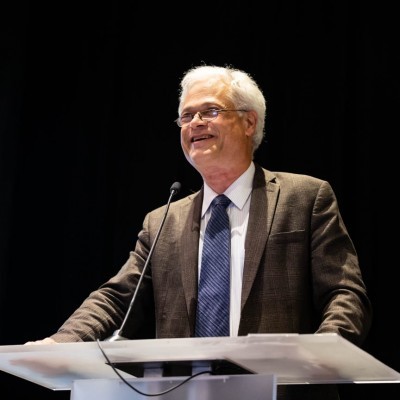2019 was a record-breaking year for fundraising at FARF. We saw a 32% overall increase in fundraising dollars, which was made possible, in huge part, to the number of families fundraising increasing by 10%. We are so proud of this...
Announcements

2019 was a record-breaking year for fundraising at FARF. We saw a 32% overall increase in fundraising dollars, which was made possible, in huge part, to the number of families fundraising increasing by 10%. We are so proud of this...
Announcements

To the FA community, Currently, we are confronted with the challenges of two public health crises: the ongoing COVID-19 pandemic and the enduring system of racial injustice in the United States.The Fanconi Anemia Research Fund supports the Black community and...
Announcements

Oral cancer begins as a precancerous lesion. If a lesion does not heal in four weeks, FA individuals are advised to consult with an otolaryngologist (ENT physician). If the lesion appears suspicious, the physician often performs a biopsy. Could precancerous...
Announcements

To the Fanconi anemia community, I am writing to inform you that, due to the global health crisis, the Fanconi Anemia Research Fund (FARF) has made the very difficult decision to not move forward with the in-person 2020 Scientific Symposium and Meeting for...
Announcements

MARCH 13: Due to the ever-evolving impact of the coronavirus pandemic, FARF staff will be working remotely for the next few weeks. While we are equipped with the necessary technology to continue meeting our mission and providing service, this will...
Announcements

Read about Dr. D'Andrea's FARF-funded research projects At the 2019 FARF Scientific Symposium, Dr. D’Andrea was presented with the Lifetime Achievement Award for dedicating his career to the advancement of Fanconi anemia research. Dr. D’Andrea has been a pillar of...
Announcements